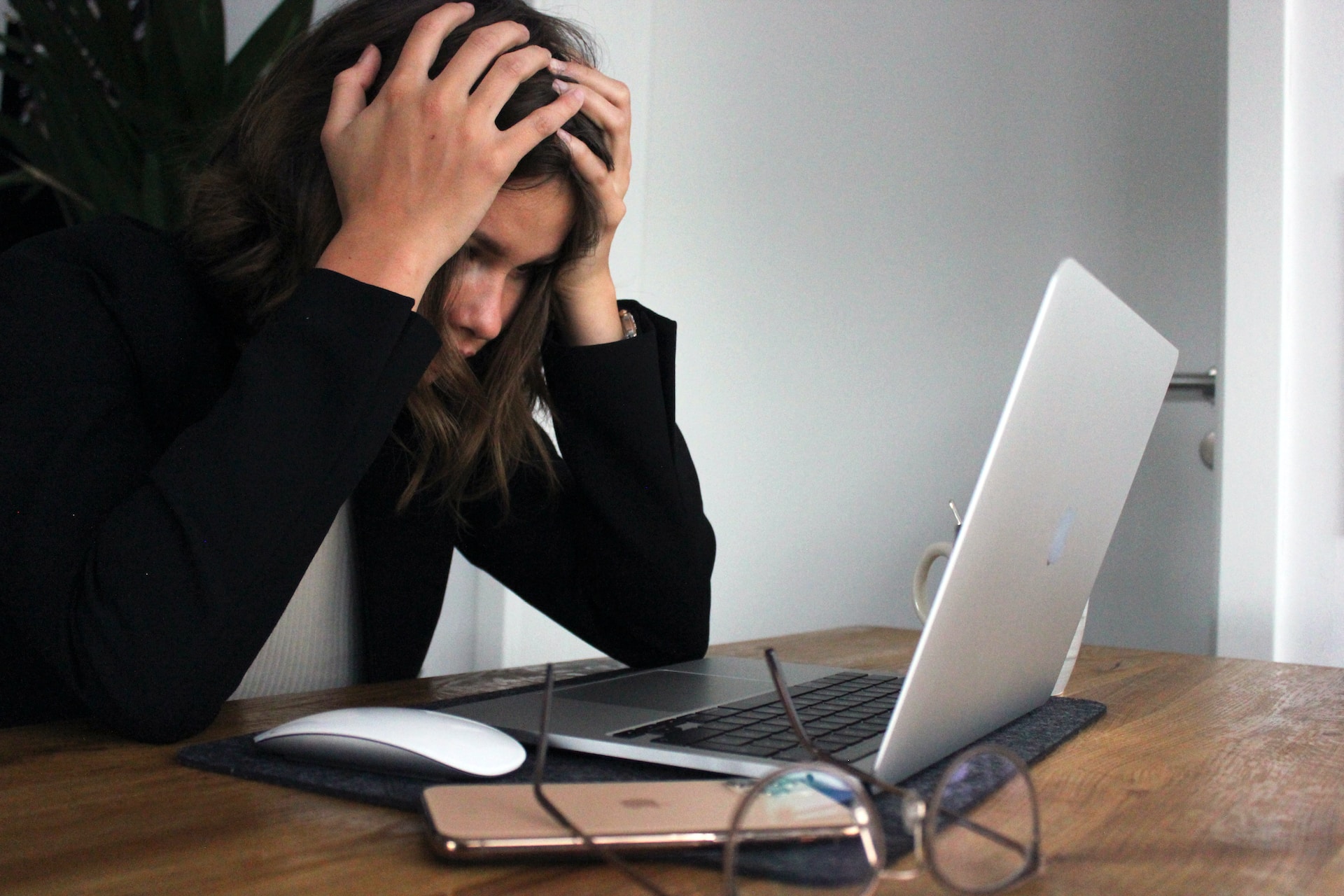Dealing with feelings of guilt can often be a challenging journey, but it’s an essential step towards self-forgiveness and emotional liberation. If you’re entangled in the remorseful clutches of guilt, it’s time to learn how to gently release these chains and open the door to self-forgiveness.
Unpacking Guilt: A Double-Edged Sword
Guilt can be a complex emotion, often acting as a double-edged sword. While it can serve as a moral compass, pointing us to when we’ve done wrong, excessive guilt can be crippling, often acting as an obstacle to happiness and peace of mind.
Five Transformative Steps Towards Self-Forgiveness
1. Acknowledge Your Guilt:
The first step towards self-forgiveness is acknowledging your feelings of guilt. Denial only deepens the wound. Accept your feelings, recognize your mistakes, and understand that everyone, including you, is prone to err.
2. Learn and Grow:
Mistakes, when viewed as learning opportunities, can become invaluable life lessons. Reflect on what led to the guilt-inducing situation, what you could’ve done differently, and how you can avoid making the same mistake in the future.
3. Practice Self-Compassion:
Guilt often arises from the harsh judgment we direct at ourselves. Instead, practice self-compassion. Speak to yourself as you would to a dear friend who made a mistake. This approach can help soothe feelings of guilt and foster self-forgiveness.
4. Make Amends Where Possible:
If your guilt stems from hurting someone else, making amends can help alleviate the burden. Apologize sincerely, and if possible, take steps to rectify the situation. Remember, the purpose is not to seek forgiveness from the other person, but to do your part in mending what was broken.
5. Seek Professional Help:
If guilt feels overwhelming and you’re finding it hard to forgive yourself, don’t hesitate to seek help from a mental health professional. Therapists and counselors are equipped with the tools to help you navigate the path to self-forgiveness.
The Road to Emotional Freedom
Releasing guilt and embracing self-forgiveness is a journey, not an event. It requires patience, understanding, and kindness towards oneself. It’s important to remember that you are more than your mistakes. Through this understanding, you can cultivate self-forgiveness and step forward into a more compassionate, understanding relationship with yourself.






